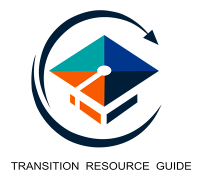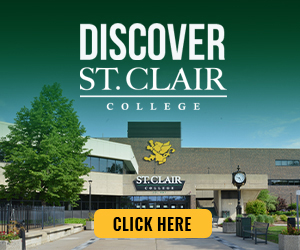 |
||||||||||||||||||||||||||||||||||||
| Archive | www.osca.ca | ||||||||||||||||||||||||||||||||||||
|
Worried about students falling prey to hate groups? Rhetoric on Social Media that polarizes youth? False information being accepted as truth? The Canadian Anti-Hate Network, in partnership with OSCA, is offering our members a workshop that will help us recognize and address hate ideologies and the pathways used for grooming and recruiting young people. This workshop will address signs, symbols and memes of hate movements, how to address common scenarios and defenses of students involved in these groups, and how to counter the rhetoric and prevent recruitment. SAVE THE DATES: April 27th and May 4th from 7:00 pm to 8:30 pm This workshop is designed and will be run by the Canadian Anti-Hate Network, an independent, nonprofit organization made up of Canada’s leading experts and researchers on hate groups and hate crimes. This workshop will be supported by a practical toolkit, provided to each attendee, along with one year of aftercare, in which CAN will answer questions and provide support for educators and staff dealing with incidents. This workshop is free and is limited to 40 participants. Spots will be first come, first served. Sign up today! "Students are often the first witnesses, and first responders to, hate group activity amongst their peers, and it’s up to educators and the community to understand and centre those experiences. There is a knowledge gap that must be addressed among educators and parents so that they can identify telltale signs of hate grooming themselves -- and recognize the gravity of the situation when a student approaches them to talk about at-risk classmates, or perceived threats to themselves or their peers. " CAN Learn more here! Craignez-vous que les élèves deviennent la proie de groupes haineux? Êtes-vous inquiets de la rhétorique sur les médias sociaux qui polarise les jeunes? De la fausse information qui est acceptée comme vérité? Le Réseau canadien anti-haine (RCA), en partenariat avec l’OSCA/ACOSO, offre à nos membres un atelier qui nous aidera à reconnaître et adresser les idéologies haineuses et les voies utilisées pour former et recruter des jeunes. Cet atelier adressera les signes, les symboles et les mèmes des mouvements de haine, comment aborder les scénarios courants et les défenses des élèves impliqués dans ces groupes, ainsi que comment contrer la rhétorique et empêcher le recrutement. RÉSERVEZ LES DATES: Le 27 avril et le 4 mai de 19h00 à 20h30 Cet atelier est conçu par et sera animé par le Réseau canadien anti-haine, un organisme indépendant à but non lucratif qui est composé des meilleurs experts et chercheurs du Canada en matière de groupes et crimes haineux. Cet atelier inclura une trousse d’outils pratiques qui sera fournie à chaque participant ainsi qu’un an de suivi, au cours duquel le RCA répondra aux questions et fournira un soutien aux éducateurs et au personnel traitant des incidents. L’atelier est gratuit et limité à 40 participants. Les places seront attribuées selon le principe du premier arrivé, premier servi. Inscrivez-vous dès aujourd’hui! « Les élèves sont souvent les premiers témoins et les premiers intervenants des activités des groupes haineux parmi leurs pairs. C’est aux éducateurs et à la communauté de comprendre et de centrer ces expériences. Il existe un manque de connaissances qui doit être comblé parmi les éducateurs et les parents afin qu’ils puissent eux-mêmes identifier les premiers signes révélateurs menant à la haine – et reconnaître la gravité de la situation lorsqu’un élève leur approche pour parler de camarades de classe à risque ou de menaces perçues envers eux-mêmes ou leurs pairs. » RCA (traduit de l’anglais)
INTERESTED IN HAVING YOUR SCHOOLS PARTICIPATE? Email info@webuildadream.com to discover if your school board is already registered and how you can get involved!
Concours d'art oratoire scholarships
All Ontario Grade 11-12 FSL students can prepare a speech on a topic of their choice, record it, and submit their video in MP4 format to Canadian Parents for French (Ontario). All the registration information, the process, rules, and documents that students need to provide are on our website here. The winning students will win amazing scholarships from 3 post-secondary institutions! If students are looking for inspiration, they could check out last year's winners at the bottom of this web page: https://on.cpf.ca/en/ concours-dart-oratoire/ In June, the Provincial winners will move on to compete at the Nationals. See more about the national scholarships here.
Any Canadian or American citizen or resident in their last year of high school can qualify for the THGM MUSE Scholarship. All they have to do is enroll in a first-year writing-related program. The MUSE Scholarship will help with their fees. They can apply by submitting an original short story of 400-600 words in prose or in script. One of the characters must be a student in the program they have applied for, and we are looking for a story that grabs our attention AMOUNT: DEADLINE: Accessibility Services
Educational institutions have a legal obligation to provide reasonable accommodations that promote equity for people with disabilities. To adhere to their legal obligation, provincial/territorial governments provide publicly funded colleges and universities with operating funds to set up special services for students with disabilities. Publicly funded colleges and universities operate an Accessibility Services (AS) office to coordinate and provide accommodations and services to students with disabilities. Different institutions have different names for this office. Many schools use the word 'disability' or 'accessibility' in their office name, such as Disability Services Office or Accessibility Centre. The word ‘accessibility’ is becoming more commonly used, as it emphasizes that it should be the environment rather than the individual that adapts and becomes accessible. The specific name and location of the office at each college or university can be found under Accessibility Services on each school’s page in the Colleges and Universities sections. CCPRF campaign explores the future of PR and the role of diversity in the PR industry
This spring, a group of Centennial College public relations and corporate communications students and the Canadian Council of Public Relations Firms (CCPRF) are launching PR: Shaping the Future, a campaign that explores how storytellers can shape narratives in a diverse and authentic way to become agents of change. The campaign includes a three-episode series podcast, a TikTok campaign, and a blog that explores the role diversity, equity and inclusion play in the PR industry, and how young professionals can shape the industry into a vehicle for social change.
The Horticulture Technician/Landscape Horticulturist Apprenticeship 441-C Program is breaking barriers and supporting the diverse and growing needs of the profession in terms of workforce and talent through apprentice training.
Since 2016, Landscape Ontario Horticultural Trades Association (LO) has been a Ministry of Labour, Training and Skills Development (MLTSD) approved Group Sponsor supporting more apprentices and employers in the profession in registering for and accessing the Horticulture Technician Apprenticeship 441-C Program. LO is very pleased to receive a Group Sponsor Grant from the Ministry of Labour, Training and Skills Development in March of 2021. This Employment Ontario program is funded in part by the Government of Canada and the Government of Ontario and LO is looking forward to building on the current framework and the momentum gained, by developing and launching enhanced services and developing new resources.
|
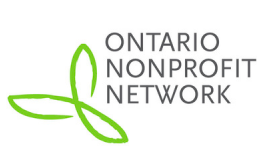 |
It also enhances social connections and encourages civic engagement by mobilizing 12 million volunteers who donate their time to address critical social, cultural, economic, and environmental issues.
Volunteers play a key role in the nonprofit sector: for example, half of all organizations in Ontario are volunteer-operated, with no paid staff. Other nonprofits achieve their mission through a mix of paid staff, students, interns, and volunteers. The reliance on volunteers is a key strength of the sector: it benefits organizations, volunteers, and society by building the capacity of nonprofits; enables volunteers to connect with others and contribute to building community; and promotes civic engagement to build strong and connected communities.
|
 |
Young people seem to be particularly vulnerable to the psychological impacts that are associated with COVID. Prior to COVID, we had evidence that more than one-third of Canadian youth faced mental health challenges, reporting moderate to severe symptoms of anxiety. Since COVID, studies have documented heightened levels of both anxiety and depression among youth; a difficult time of life for many young people has been made even worse.
 |
"What will you do when you graduate?"
This question can stop young people in their tracks. Many students feel lost and confused and are not sure of their next steps. They often feel a pressure to choose one career for the rest of their life.
As career educators, we know that this is not the case. A career is a lifelong journey that includes many jobs, volunteer opportunities and roles. Most career journeys will require us to adapt and pivot as circumstances change and new opportunities present themselves.
One way to reduce stress and anxiety for young people is to introduce them to the exploration mindset. This approach asks youth to take a breath, to relax and to picture themselves on an adventure. This is a lifelong journey where they will learn about themselves and discover opportunities to use their talents to make a difference in the world.
There is also a growing body of evidence that demonstrates that effective career development has a positive impact on the well-being and mental health of youth; career intervention outcomes such as hope, confidence, self-efficacy and connection to one’s present and future are all factors in well-being.
In this series, we will provide a framework for conceptualizing the connection between career development and mental health, describe career interventions/strategies that have proven to be effective in helping youth move from languishing to flourishing, and explore some simple techniques for collecting evidence on the impact of those interventions.
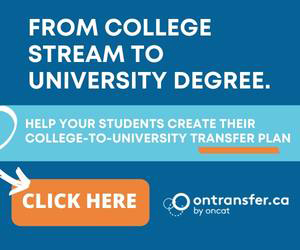
|

|
AQ Part 1, Part 2 and Specialist (Part 3) courses – Summer Session- July 4-29
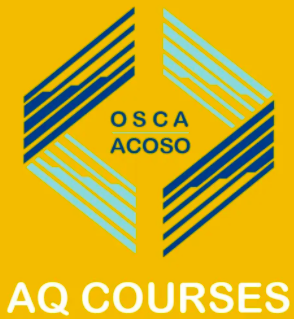 |
|
The Ontario School Counsellors’ Association offers Additional Qualification Courses in Guidance and Career Education Parts I, II and Specialist (Part III) in Winter, Spring and Summer and Fall.
OSCA’s online, interactive courses are user friendly and allow real-time practice of the skills needed for the effective Guidance Teacher-Counsellor. We have a virtual classroom where we meet in real time to practice counselling skills, listen to guest speakers, and watch videos. This feature is very popular and it really makes OSCA’s AQ experience prominent.
30
Mar 2022 |
12:00 pm – 1:00 pm ET
|
6
Apr 2022 |
12:00 pm – 1:00 pm ET
|
13
Apr 2022 |
12:00 pm – 1:00 pm ET
|
26
Apr 2022 |
9 am - 12:30 pm
|

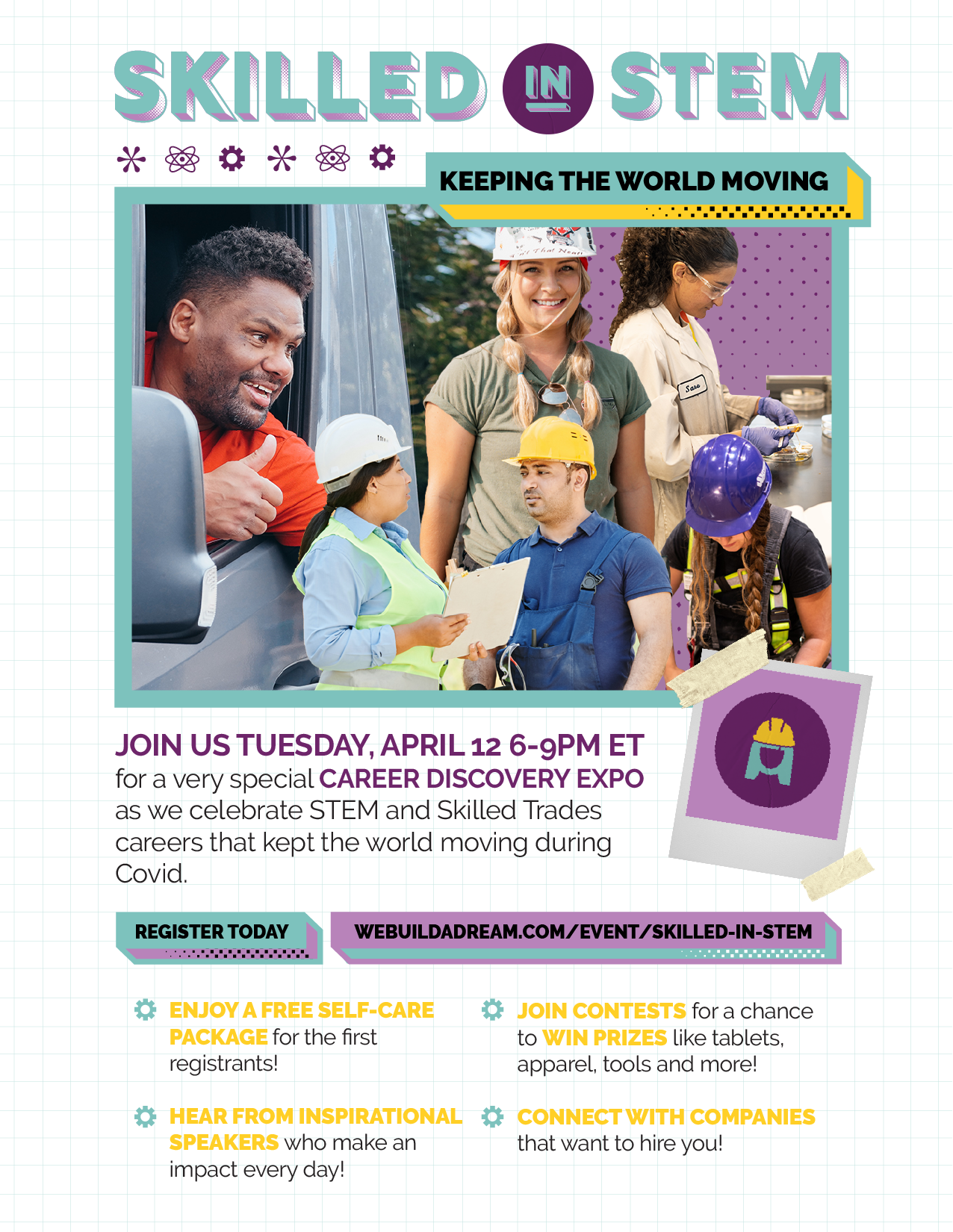

.png)

